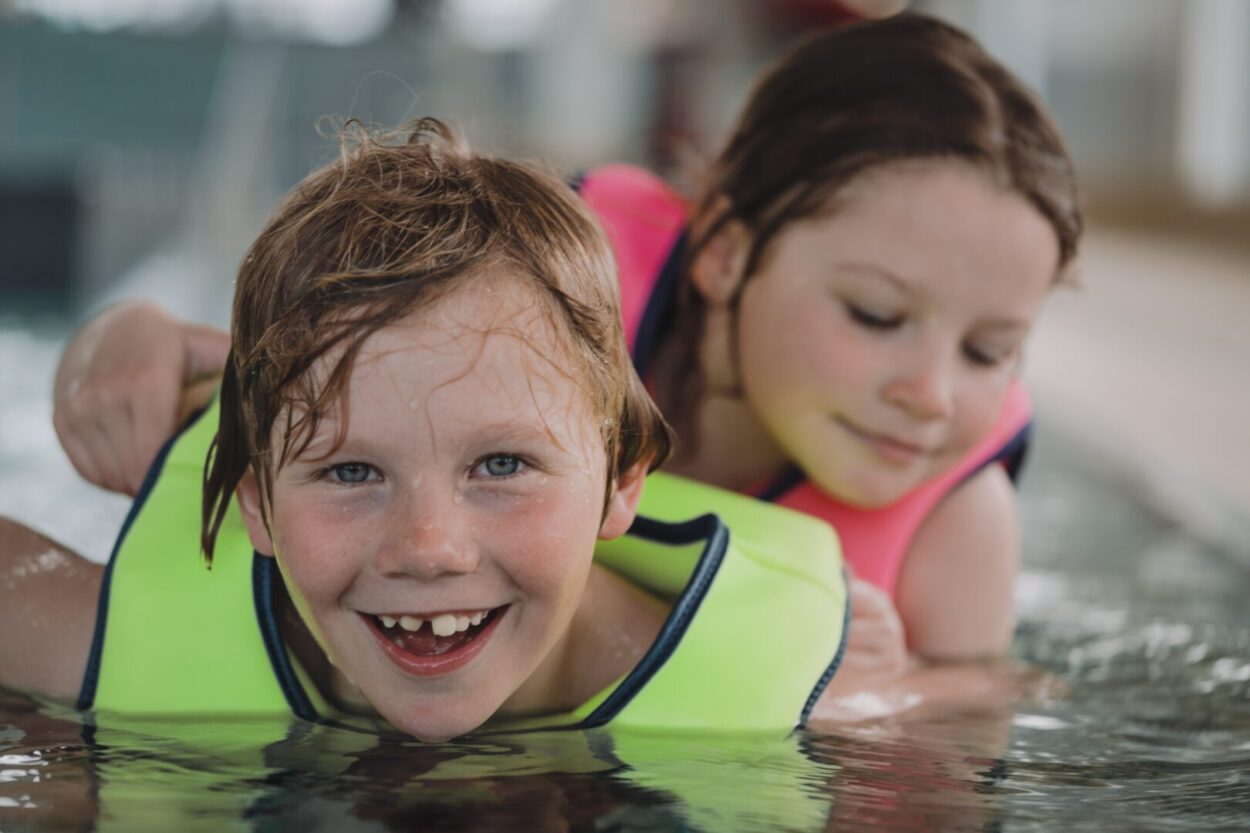Jasmine Birtles
Your money-making expert. Financial journalist, TV and radio personality.


Summer Aid. On 27 October 2021 the government announced a further investment of over £200 million per year over the next 3 financial years for the holiday activities and food programme (HAF).
This builds on research showing that the school holidays can be pressure points for some families. For some children this can lead to a holiday experience gap, with children from low-income households less likely to access organised out-of-school activities, more likely to experience ‘unhealthy holidays’ in terms of nutrition and physical health, and finally more likely to experience social isolation.
This holiday provision is for school aged children from reception to year 11 (inclusive) who receive benefits-related free school meals: these are available to pupils if their parents are in receipt of one of the qualifying benefits, and have a claim verified by their school or local authority.
Local authorities are asked to ensure that the offer of free holiday club provision is available for all children in receipt of benefits-related free school meals in their area, though this does not mean we expect all to attend as the provision is voluntary.

Families may also be eligible for tax-free childcare or the childcare costs element of Universal Credit, through which families may be able to claim back up to 85% of their childcare costs.
Overall, local authorities are expected to offer the equivalent of 6 weeks’ holiday provision to eligible children over the summer.
Holiday clubs must provide fun and enriching activities that provide children with opportunities to develop new skills or knowledge, consolidate existing skills and knowledge, try out new experience, have fun and socialise.
This could include but is not limited to physical activities, for example football, swimming, table tennis or cricket. It could also include creative activities, for example putting on a play, junk modelling or drumming workshops. Outdoor experiences, for example a nature walk or visiting a city farm, and free play, for example fun and freedom to relax and enjoy themselves.
Providers must include an element of nutritional education each day aimed at improving the knowledge and awareness of healthy eating for children. These do not need to be formal learning activities and could for example include activities such as getting children involved in food preparation and cooking; growing fruit and vegetable; taste test; discussing food and nutrition including food and nutrition in other activities.
For more information, visit the government website.
